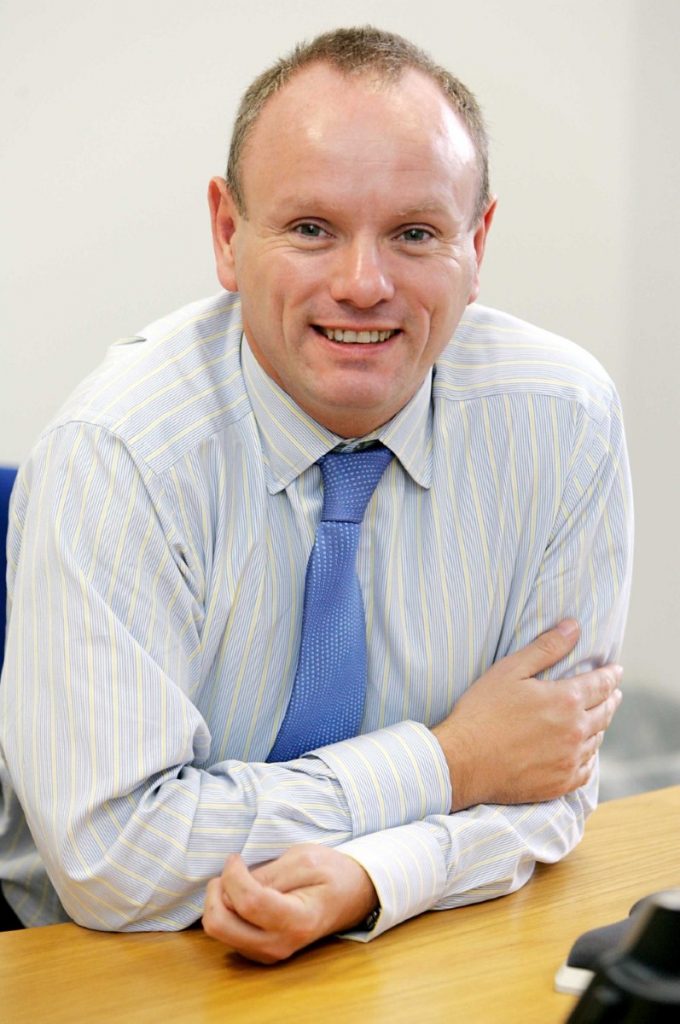Comment: How Finchley’s leaky taps kept Thatcher in touch with reality
By Mike Freer MP
It is with great sadness that I learned my predecessor as member of parliament for Finchley passed away at the age of 87.
As one of Margaret Thatcher's successors in the constituency of Finchley, I see a unique side of her legacy that perhaps few others are able to see. Her constituency, throughout her career and her premiership, was her touchstone to reality. The place she would 'hear it straight' from local residents and the local Conservative party members.
When she was prime minister, the relationship between her No 10 mandarins and the constituency association staff was an interesting one. Several different staff in Finchley recount almost exactly the same tale told many times from different periods of her premiership. Mrs Thatcher, after a weekend in Finchley meeting with local residents, had returned to Downing Street demanding to know the intimate details of a relatively minor policy from one of the less interesting government departments. When her staffers enquired why she wished to know this, they were told to speak to her Finchley office and get the details of Mrs Smith's or Mr Cohen's dripping tap and the government policies affecting it. A Downing Street staffer was despatched and the Finchley staff very happily handed over the details of the now very important leaky tap.


Her dedication to the people of Finchley never wavered in the 33 years she was the MP.
Whilst Baroness Thatcher resigned as prime minister of the United Kingdom in 1990, and retired from public life several years ago, her legacy and her character remained a towering figure within British political debate.
The 'British sickness' was something often discussed in the 1970s, along with talk of 'managing the decline' of Britain's international stature. One of the marks of her incredible success and strength of character is the speed and finality of which she disposed of these terms. By the end of her premiership more people owned their own homes, more people owned shares in companies and everyone in the United Kingdom had more money than when she came to office.
Her decision to privatise the major utilities company, to open up Britain's markets to greater competition and encourage small businesses were controversial at the time, but to contemporary political observers it is unimaginable that any of these changes could ever be undone. In fact, her policies were so successful they were copied by governments across the world.
Thatcherism, in its many different international forms, remains the backbone of political discourse in the West and beyond.
I cannot fairly talk of Baroness Thatcher without acknowledging the considerable role she played in the liberation of millions from behind the iron curtain in Eastern Europe. The tyranny of communism took more than half a century to defeat, but without the incredible partnership she formed with President Reagan, we cannot guarantee the freedoms of so many would yet exist.
It is the peculiar mix of personal compassion and political ruthlessness made Mrs T such a towering figure. Politicians so inspiring, so dedicated and strong come along very rarely, and I know absolutely that Britain's Iron Lady will be missed.
Mike Freer is the Conservative MP for Finchley & Golders Green
The opinions in politics.co.uk's Comment and Analysis section are those of the author and are no reflection of the views of the website or its owners.

